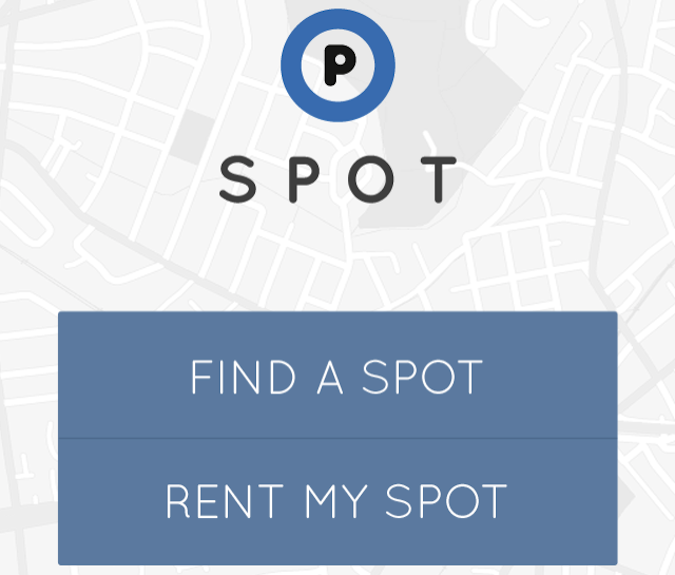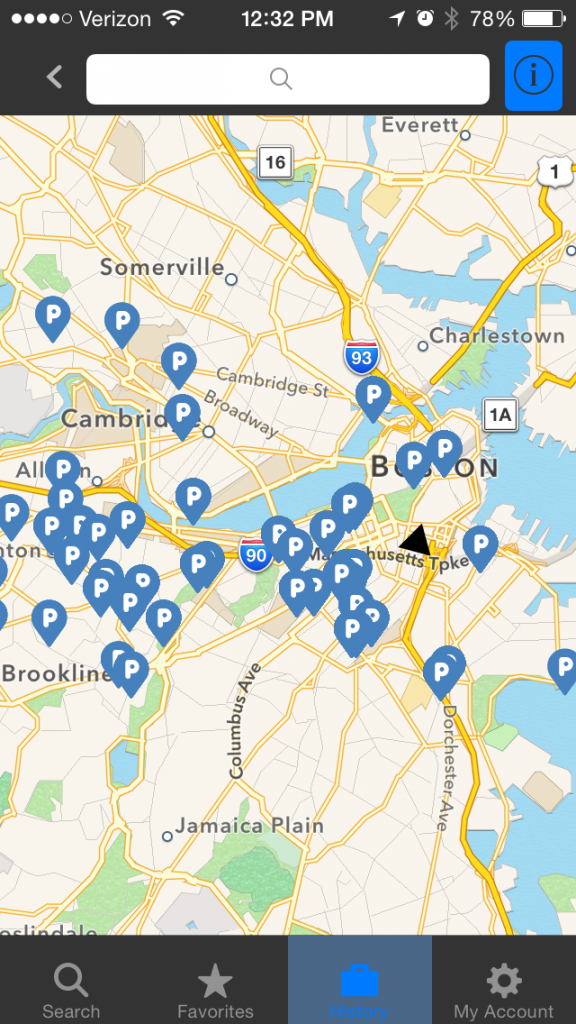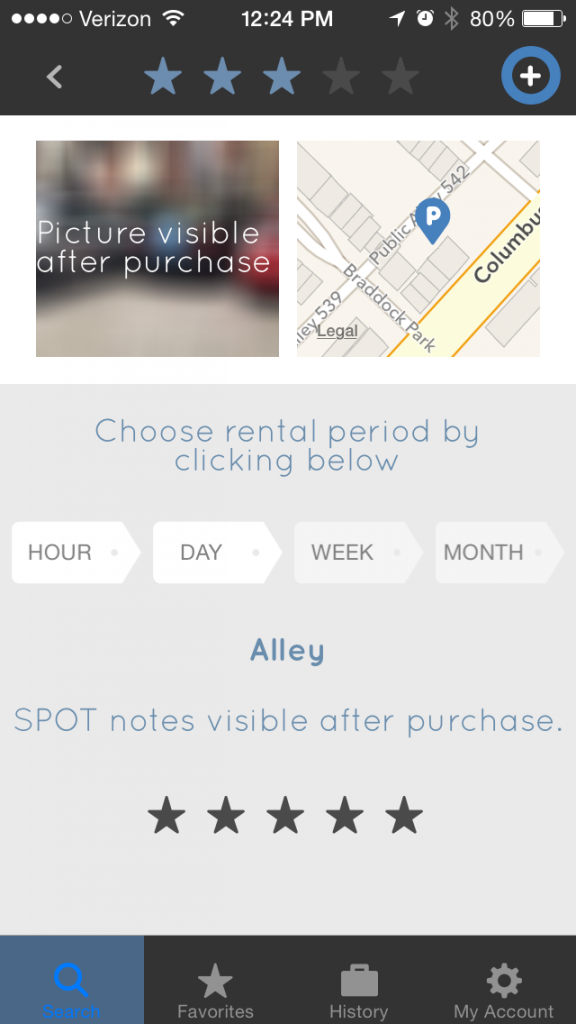
After the Boston City Council banned Baltimore-based mobile parking “solution” Haystack from operating in The Hub, it’s easy, perhaps understandably so, for people to assume that startups endeavoring to innovate in that particular space are just as susceptible to prohibition as Haystack. But what people may not understand fully is that locally-spun SPOT parking, is freeing up parking spaces to the benefit of us all.
Haystack’s fleeting operations worked by having one user, sitting in a parked car ready to leave, profit off letting another user, circling the block looking for an open space, taking their space for a specified price. The City of Boston blasted founder and CEO Eric Meyer, making it abundantly clear that he was looking to profiteer off public space.
Where SPOT deviates from Haystack’s illegality is that the spaces being transacted are privately owned and in no way infringe on municipal property. They like to think of themselves as the Airbnb of parking spaces, only without the contentious liability issues.
SPOT founder and CEO Braden Golub was kind enough to share some of the data he’s incurred after just 12 weeks of operating in beta.

The essence of his findings are thus: Everyday, SPOT sees more people employ the app to find viable parking throughout Boston neighborhoods where it’s noticeably lacking. The parking spaces are not only privately owned, but with SPOT’s platform owners can rent their spaces out at generally cheaper rates than those of garages and meters. And people can occupy a space for more than just a limited offering – per the discretion of both parties involved in the transaction.
SPOT is becoming increasingly popular amongst those perpetually plagued by parking issues, and that user base is now numbered in the thousands. Not too shabby for three months in operation.
Per Golub’s data, SPOT users look for parking the most in the Back Bay, where 27 percent of space searchers were for around the Newbury Street, Bolyston Street and Commonwealth Avenue stretches; followed by Brookline, 18 percent, where it’s illegal to park overnight in a public parking spot perhaps incentivizing people there and in the Allston-Brighton neighborhood to find after-hour parking; and Fenway, 14 percent, which is searched for with greater frequency during Red Sox games.
South Boston has seen 8 percent of searches; Cambridge, 7 percent; and Allston-Brighton, 6 percent. As anyone who’s visited those areas can attest, especially those who opted to transport themselves in lieu of public transportation or alternative modes, the dense population of those respective locales can make for frustrating parking scenarios.
According to the City of Boston, metered parking costs $1.25 per hour or $0.25 for 12 minutes with a maximum of two hours.
In Allston-Brighton, the average price per hour of a SPOT parking space is $1.10 ($6.25 per day, $135 per month). In Brookline, that number jumps slightly to $1.75 per hour ($9.50 per day, $185 per month) but still has the added benefit of allowing for overnight parking.

In Back Bay, SPOT spaces on average go for $3.50 per hour ($16.20 per day, $315 per month), though this is still a bargain. The nearby Boston Common Garage costs $12 per hour, $32 for up to 24-hours, and $500 monthly for a reserved space ($375 for 24/7 access, $350 for weekdays only).
The Garage at 100 Clarendon, also in close proximity to the Back Bay, is also pricier than SPOT’s average rates. To park for an hour will cost you $11.00; for a day, $35.00; and for a month $390.
“Fact of the matter is, there are thousands of parking SPOTs out there that are not being utilized or are sitting empty each day, so why not put that parking SPOT to use and earn some quick cash off of that empty slab of concrete,” posited Golub in an email to BostInno. “Creating efficiency in our City by bringing these unused SPOTs to the public is what I view as our main mission. An efficient city is a happy city!”
To make the user experience all the friendlier, Golub also mentioned that he’s incorporating navigation and messaging tools in the app so that not only will people be able to rent a parking space, but they’ll know exactly how to get there and will also be afforded the opportunity to connect directly with the person on the other end.
For those interested in using SPOT, it’s currently available to download for free on iOS and Android devices. Feel free to tell us about your experience using SPOT in the comments section below.
Happy parking, Boston!
